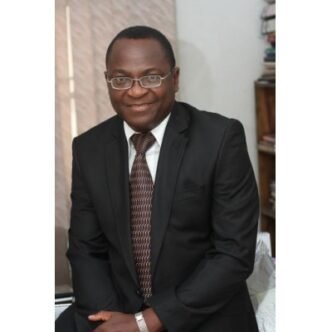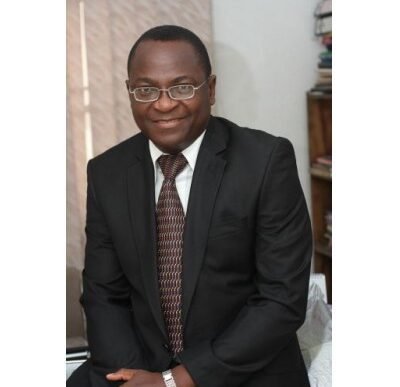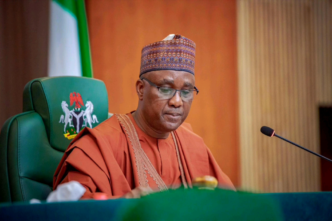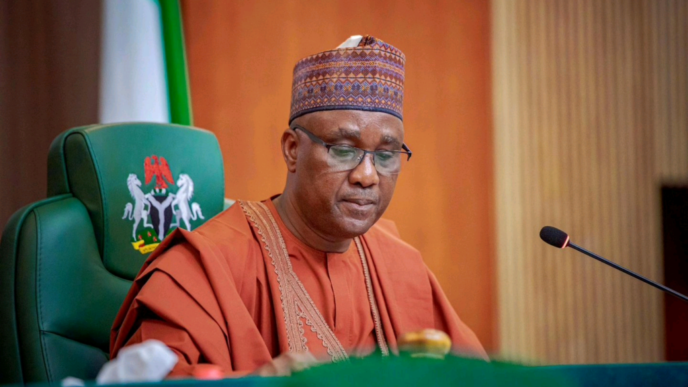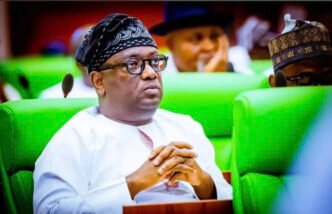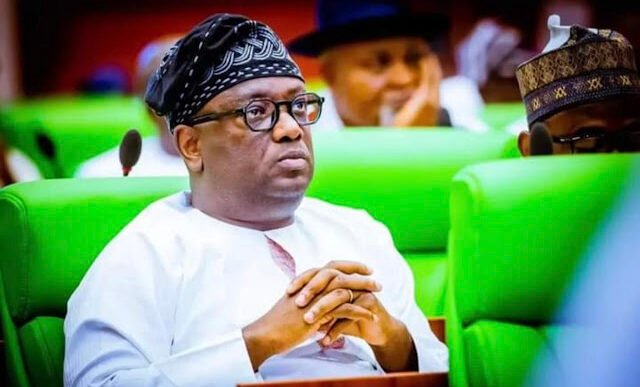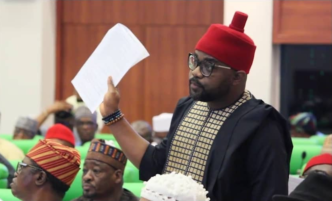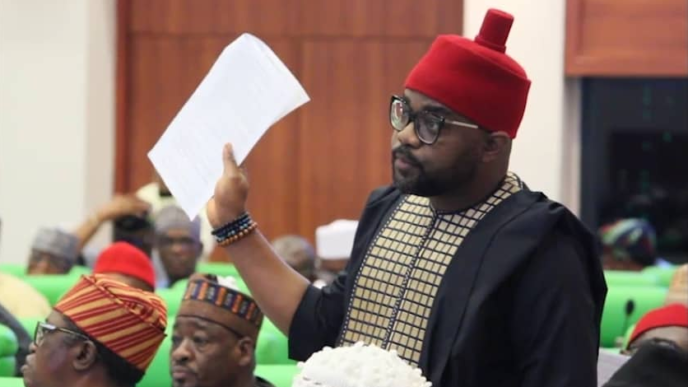HB 617 – A BILL FOR AN ACT TO ALTER THE CONSTITUTION OF THE FEDERAL REPUBLIC OFNIGERIA 1999 TO PROVIDE FOR THE ESTABLISHMENT OF STATE POLICE; AND FOR RELATED MATTERS. Bill sponsored by Deputy Speaker, Benjamin Okezie Kalu, and 14 others. Bill Progress: Committee stage.
This Bill seeks to provide for the alteration of Sections 197, 214 and 215 the Constitution to provide for the establishment of State Police and the transfer of Police as an item under the Exclusive Legislative List to the Concurrent Legislative List.
The landscape of policing in Nigeria is poised for potentially significant transformation with the introduction of HB – 617, a legislative bill aimed at amending the 1999 Constitution to facilitate the establishment of State Police forces. This move has garnered considerable attention and debate, as it touches upon key issues of security, governance, and power dynamics within the federal structure of Nigeria.
At the heart of HB – 617 is the desire to fundamentally restructure policing in Nigeria. This effort would involve specific amendments to Sections 197, 214, and 215 of the 1999 Constitution, which currently delineate the parameters of the Nigeria Police Force, including its formation, management, and the extent of authority held by both the President and the Inspector-General of Police. The proposed amendments seek to introduce provisions that would allow for the creation of State Police, thereby granting state governments greater control over law enforcement within their jurisdictions.
One of the bill’s most significant proposed changes is the transfer of “Police” from the Exclusive Legislative List to the Concurrent Legislative List. Under the existing framework, the management of policing is exclusively a federal responsibility, which has resulted in a centralized police force—the Nigeria Police Force. By allowing both the National Assembly and State Houses of Assembly to draft legislation concerning policing, the bill could empower individual states to establish and manage their own police forces. This would not only diversify the policing landscape but would also enable states to tailor law enforcement strategies to their unique challenges and communities.
The rationale behind such a move is multi-faceted. Proponents argue that the shift to State Police would significantly enhance local security. With localized forces in place, police officers would likely develop a better rapport with community members, fostering stronger relationships that could enable improved intelligence gathering. Familiarity with local issues and environments can often lead to quicker responses in critical situations, thus potentially mitigating crime more effectively.
Moreover, State Police would theoretically be more accountable to state governments and local populations, thereby improving mechanisms for addressing police misconduct or inefficiency. The need for such reforms is underscored by the prevailing security situation in Nigeria, characterized by rampant banditry, kidnapping, and insurgency. Advocates of the bill argue that a decentralized policing system may address the inadequacies of the current centralized approach, which is perceived as overstretched and ineffective in responding to the growing security challenges.
Additionally, the push for State Police aligns with broader calls for fiscal federalism and the devolution of power from a centralized federal government. This shift would empower states to have greater autonomy in managing their internal affairs, particularly in security and law enforcement.
However, the proposed establishment of State Police is not without considerable concerns and challenges. One of the primary apprehensions is the potential abuse of power. Critics argue that state governors could misuse their own police forces to oppress political opponents, stifle dissent, or engage in other forms of misconduct. The risk of human rights violations is a serious concern that must be addressed to prevent the emergence of a system that perpetuates injustice.
Another critical issue involves funding. Many states in Nigeria already face significant financial constraints, often struggling to meet basic salary obligations for civil servants. Establishing and maintaining a police force requires substantial resources for salaries, training, equipment, and infrastructure. Without adequate funding, there is a risk that state police units may become under-resourced and ineffective, leading to corruption or inefficiency in law enforcement.
Furthermore, the lack of clear delineation of responsibilities could result in jurisdictional clashes between federal and state police forces. This could create operational confusion and inefficiencies, undermining the overall goal of improving security. Establishing a coherent framework for cooperation and coordination between these forces will be vital to the success of the proposed changes.
Considering the importance of professional training and standardization, ensuring adherence to human rights principles across various state police forces presents another logistical challenge. Each state may adopt different training protocols and organiational structures, making it difficult to maintain a uniform standard of policing across the country. This discrepancy could further aggravate trust issues between the police and local communities.
Moreover, the proliferation of arms with multiple state police forces raises concerns over potential misuse of firearms. The risk of weapons falling into the wrong hands is a significant national security issue that must be carefully managed as state police forces are established.
Finally, there are questions about the implications for national unity and cohesion. Some stakeholders express concern that decentralizing the police could weaken the sense of national solidarity by fostering a fragmented security architecture, which, while potentially responsive to local needs, may not align with national priorities.
The process required for the constitutional alteration through HB – 617 is rigorous. The bill must advance through several stages within the National Assembly, including readings, committee scrutiny, and voting. A two-thirds majority approval in both the House of Representatives and the Senate is necessary, alongside the requisite endorsement from at least two-thirds of the State Houses of Assembly. Ultimately, presidential assent is also required for the bill to be enacted into law.
In conclusion, HB – 617 reflects a significant legislative initiative aimed at addressing Nigeria’s chronic security challenges by rethinking the structure of its policing framework. While the promise of increased local accountability and tailored security solutions is appealing, the complexities and potential pitfalls cannot be overlooked. A measured approach is essential to ensure that the establishment of State Police enhances public safety without compromising civil liberties or governance integrity. The dialogue surrounding this bill will likely continue to unfold as stakeholders navigate the pressing need for safe and secure communities in Nigeria.




